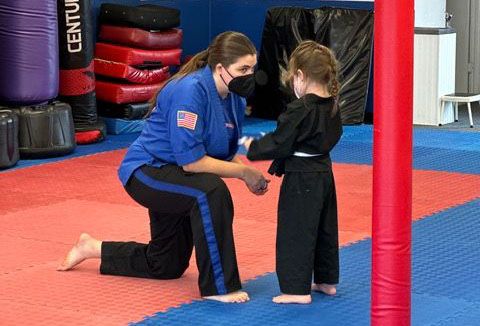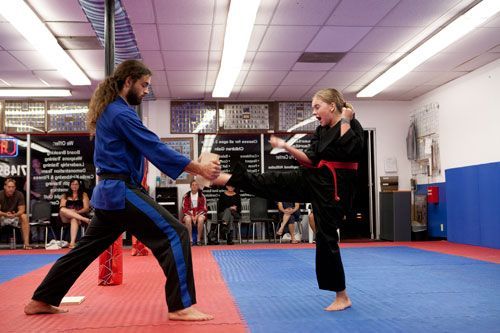Best Martial Arts Classes for Shy Kids in Westminster, CA

For parents of shy children, finding an after-school activity that feels safe, encouraging, and empowering can be challenging. At American Tiger Martial Arts in Westminster, CA, we specialize in helping reserved and introverted kids build confidence, develop social skills, and thrive in a supportive environment.
Why Martial Arts is Perfect for Shy Kids
Martial arts offers unique benefits that cater to children who are quiet, cautious, or struggle to connect with peers. Here's how our program at American Tiger Martial Arts helps shy kids come out of their shell:
1. Builds Confidence Step by Step
Shy children often need time to feel comfortable in new settings. Our instructors understand this and focus on encouraging each student at their own pace. By mastering small skills — from basic stances to earning new belt levels — kids gain confidence with every success.
2. Encourages Positive Social Interaction
Our classes are designed to promote teamwork and connection in a non-intimidating way. Through partner drills, group activities, and supportive peers, shy children gradually become more comfortable interacting with others.
3. Provides Structure and Predictability
Shy kids often thrive in structured environments where they know what to expect. Our martial arts classes follow a consistent routine, which helps reduce anxiety and allows children to focus on learning.
4. Teaches Self-Expression Without Pressure
Unlike traditional team sports that require loud communication or fast decision-making under pressure, martial arts allows children to grow their confidence through focused movement and individual achievement.
5. Celebrates Individual Growth
At American Tiger Martial Arts, we recognize that every child is unique. Our instructors provide personalized guidance, celebrating small wins to ensure each student feels valued and motivated.
What Makes American Tiger Martial Arts Special?
Our experienced instructors have a proven track record of helping shy kids gain confidence and thrive. We create a warm, welcoming environment where students feel safe stepping outside their comfort zones.
- Patient and Encouraging Instructors who understand the needs of shy children.
- One-on-One Support Within Group Classes ensures every child receives the guidance they need without feeling singled out.
- Supportive Peer Environment where students cheer each other on, helping shy kids feel included and motivated.
Try a Free Martial Arts Class Today!
If you're looking for a safe, supportive environment where your shy child can build confidence and make new friends, American Tiger Martial Arts is the perfect choice.
Sign up for a FREE introductory class today and see how martial arts can help your child develop courage, focus, and social skills — one small step at a time.




